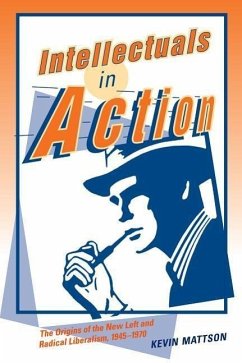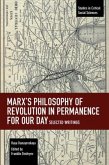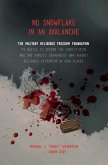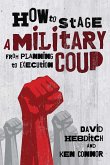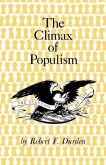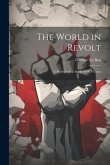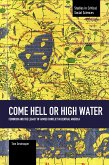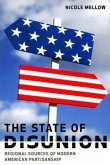Born in 1966, a generation removed from the counterculture, Kevin Mattson came of political age in the conservative Reagan era. In an effort to understand contemporary political ambivalence and the plight of radicalism today, Mattson looks back to the ideas that informed the protests, social movements, and activism of the 1960s. To accomplish its historical reconstruction, the book combines traditional intellectual biography -- including thorough archival research -- with social history to examine a group of intellectuals whose thinking was crucial in the formulation of New Left political theory. These include C. Wright Mills, the popular radical sociologist; Paul Goodman, a practicing Gestalt therapist and anarcho-pacifist; William Appleman Williams, the historian and famed critic of "American empire"; Arnold Kaufman, a "radical liberal" who deeply influenced the thinking of the SDS. The book discusses not only their ideas but also their practices, from writing pamphlets and arranging television debates to forming left-leaning think tanks and organizing teach-ins protesting the Vietnam War. Mattson argues that it is this political engagement balanced with a commitment to truth-telling that is lacking in our own age of postmodern acquiescence. Challenging the standard interpretation of the New Left as inherently in conflict with liberalism, Mattson depicts their relationship as more complicated, pointing to possibilities for a radical liberalism today. Intellectual and social historians, as well as general readers either fascinated by the 1960s protest movements or actively seeking an alternative to our contemporary political malaise, will embrace Mattson's book and its promise toshed new light on a time period known for both its intriguing conflicts and its enduring consequences.
Hinweis: Dieser Artikel kann nur an eine deutsche Lieferadresse ausgeliefert werden.
Hinweis: Dieser Artikel kann nur an eine deutsche Lieferadresse ausgeliefert werden.

